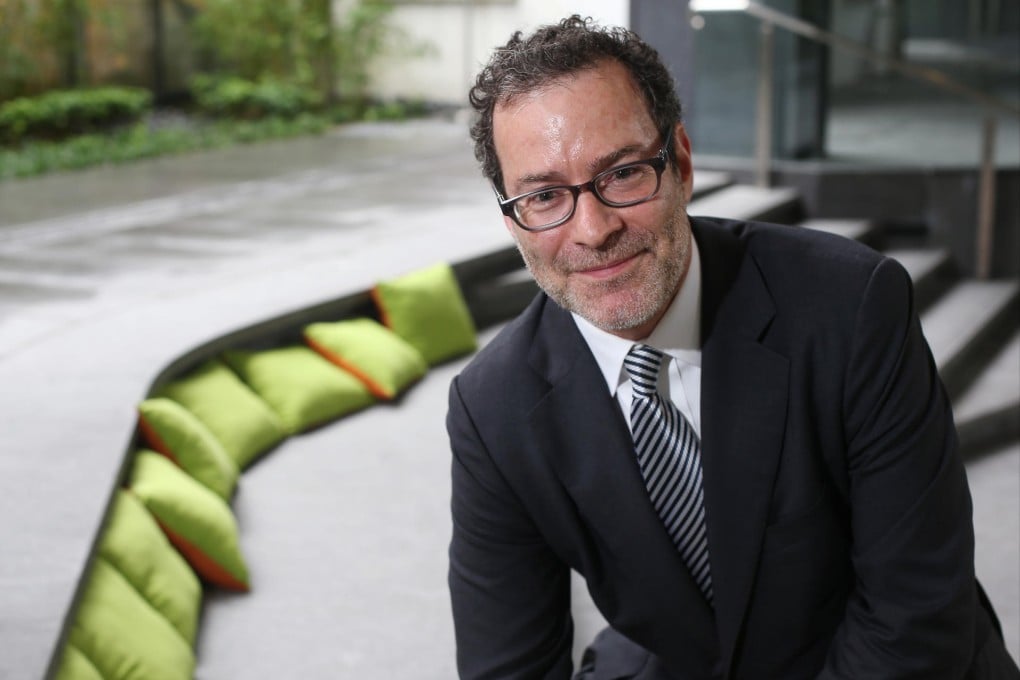Pro bono legal help levels playing field for Hong Kong NGOs
A decade of advocating for women's rights has taught Linda To Kit-lai that rhetorical appeals to bureaucratic policymakers go only so far. To really make an impact you need a good lawyer. The problem is, they do not come cheap, or at least not until recently.

A decade of advocating for women's rights has taught Linda To Kit-lai that rhetorical appeals to bureaucratic policymakers go only so far.
To really make an impact you need a good lawyer. The problem is, they do not come cheap, or at least not until recently.
To founded the HER fund, a charity for women's projects, a decade ago, but it was only in the past few months that her group became one of the first to benefit from a new scheme connecting NGOs with lawyers willing to provide their services for free, or pro bono.
The scheme, set up by the non-profit group PILnet - the Global Network for Public Interest Law - has meant the end of a long headache for To, whose work often involves challenging government policies.
"When you look at [government] policies, they are made up of thick chapters and a long list of tables," said To. "NGOs are rather a lame duck without the necessary legal background."
Pro bono arrangements are common in the US but only starting to develop in Hong Kong.